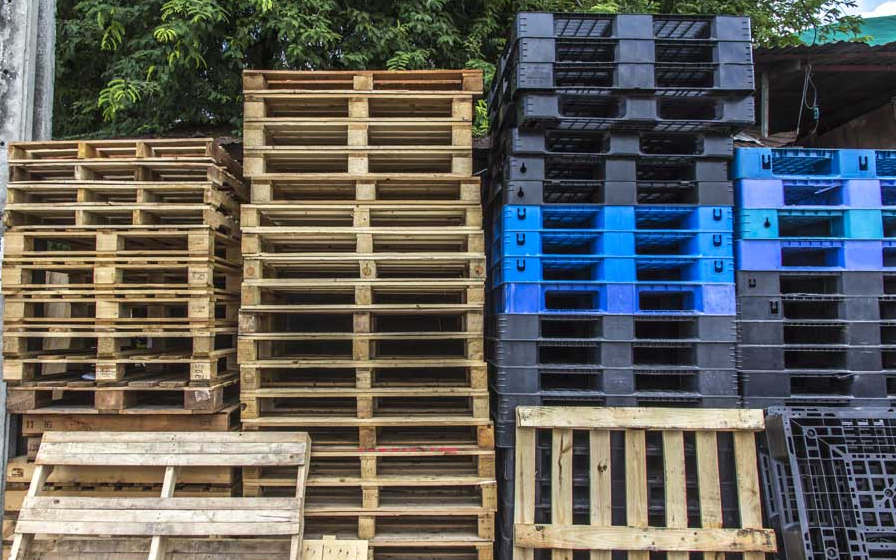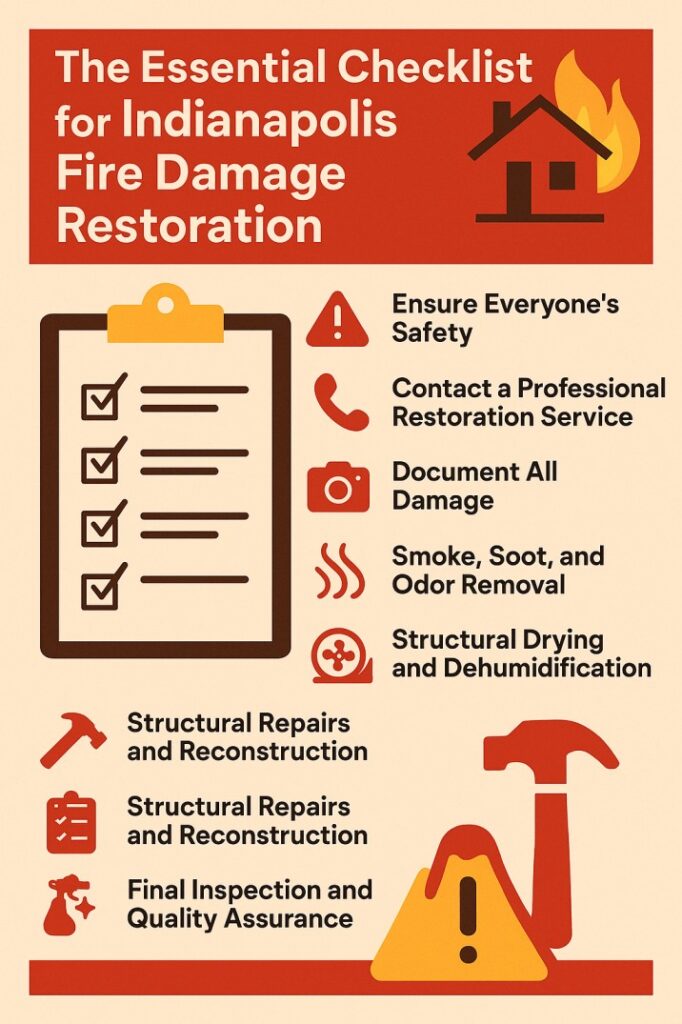In today’s interconnected economy, pallet manufacturers play a crucial but often overlooked role in facilitating the seamless flow of goods across industries and borders. From the moment products leave a factory to their final destination on store shelves, pallets serve as the backbone of global logistics and warehousing operations.
What Are Pallets?
Pallets are flat, portable platforms used to stack, store, protect, and transport goods. Typically made from wood, plastic, or metal, they allow for easy handling by forklifts, pallet jacks, and other material-handling equipment. Their standardized design has revolutionized the way goods are moved and stored, contributing to increased efficiency and reduced handling time.
The Role of Pallet Manufacturers
Pallet manufacturers are responsible for designing, producing, and often recycling these vital logistics tools. They cater to a wide array of industries including retail, agriculture, construction, pharmaceuticals, and food and beverage. The type, size, and material of pallets can vary significantly depending on the application and industry requirements.
1. Design and Customization
While standard sizes like the 48×40 inch wooden pallet (used widely in North America) dominate the market, many pallet manufacturers offer custom solutions tailored to specific load types, weights, and supply chain conditions. This flexibility allows businesses to optimize their shipping and storage strategies.
2. Sustainable Practices
Sustainability is becoming increasingly important in the pallet industry. Many manufacturers now focus on eco-friendly practices such as:
-
Recycling and reconditioning used pallets
-
Sourcing wood responsibly from certified forests
-
Innovating with recyclable plastics or hybrid materials
Sustainable pallet practices help reduce waste and the environmental footprint of supply chains.
3. Innovation and Technology
Modern pallet manufacturers incorporate advanced technology into both production and tracking. For example:
-
Automated manufacturing lines improve consistency and output.
-
RFID tagging and barcoding enable real-time tracking of pallet movements.
-
Lightweight composite materials are being developed to reduce transportation costs and environmental impact.
Industry Challenges
Despite their importance, pallet manufacturers face several challenges:
-
Raw material costs: Fluctuating prices for lumber and plastic affect profitability.
-
Labor shortages: Skilled labor is in demand to operate sophisticated manufacturing equipment.
-
Regulatory compliance: Pallets used in international shipping must comply with regulations such as ISPM 15, which requires wood to be heat-treated to prevent pest infestations.
The Future of Pallet Manufacturing
The pallet industry is expected to grow steadily, driven by the rise of e-commerce, global trade, and automation in logistics. Trends to watch include:
-
Smart pallets with sensors for temperature, shock, and location monitoring
-
Circular economy models, where pallets are leased, reused, and recycled
-
Increased demand for hygienic, non-porous pallets in food and pharmaceutical sectors
Conclusion
Pallet manufacturers form a foundational layer of the modern supply chain. Through innovation, sustainability, and adaptability, they continue to evolve alongside the industries they support. As businesses look for more efficient, cost-effective, and environmentally responsible logistics solutions, the role of pallet manufacturers is set to become even more critical in the years ahead.









